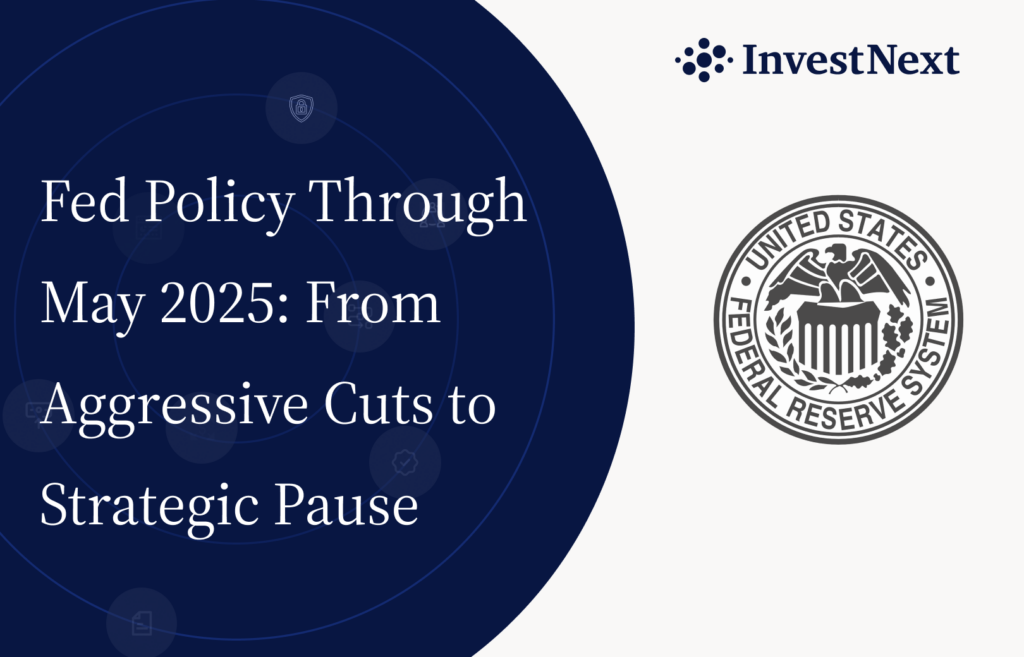The global real estate market is facing transformative changes in how buildings will be used, valued, and traded in 2023 and beyond due to the pandemic and the ongoing impact of economic instability in the world. As the new year approaches, the chance for regional/global recession or stagnation still lingers with its effects felt by all sectors in the financial services industry.
After several years of artificially low-interest rates held down by the Federal Reserve to keep the economy afloat during the lockdowns and shutdowns of 2020 and 2021, the Fed finally began raising rates at the beginning of this year.
The rising rates, inflation, a slowing economy, and a hangover from the massive surge in sales volume on the residential side during the past few years will weigh on the market. However, the outlook for commercial real estate in 2023 remains promising, even with the macroeconomic headwinds.
In this article, we’ll highlight what 2023 may hold for the largest asset class in the world, commercial real estate.
CRE Periods of Inflation and Rising Interest Rates:

On every investor’s mind is the current state of the economy. After several years of unprecedented growth in the real estate market, consumers and investors alike are concerned about inflation and high-interest rates. It should also be emphasized that, historically, commercial real estate has been one of the strongest assets during periods of inflation.
Inflation increases have opened the door for rental hikes throughout 2022, affecting the cost of living on a large scale. The Federal Reserve Bank of Dallas predicts that rental price growth will increase from 5.8% in June 2022 to 8.4% in May 2023. While the Federal Reserve has indicated that more rate hikes are coming, we can reasonably expect rates to peak mid-2023.
Fortunately, inflation enhances the value of owned properties, which benefits real estate investors. This establishes a hedge, protecting their portfolios from the adverse consequences that other financial markets are susceptible to; even some overseas investors view the U.S. real estate market as a haven in these conditions. For investors seeking an inflation hedge in 2023, there will still be ample possibilities to purchase properties with high cash flow.
Institutional Players Accessing Stronger Capital Pools
A trend that we will continue to see is the Institutionalization of the Industrial Real Estate Industry. During the past twenty years, we have seen a dramatic increase in financial institutions specializing in real estate investing, and this trend will likely increase in 2023.
High-interest rates are making it more expensive to finance properties with borrowed money. Smaller institutions and individual investors are much more likely to rely on loans and syndications to facilitate a real estate transaction than larger firms.
Sizable institutions typically have access to larger cash pools and can make all cash offers on their properties, pushing out smaller entities and individual investors.
Inflation will continue to place a primary emphasis on price when negotiating new deals. Therefore, investors contemplating commercial offers must meticulously examine each offer agreement to ensure that high costs align with their strategies and that the terms are favorable. For General Partners and mid-sized firms seeking prospective investors to raise capital, utilizing a real estate investment management tool to track, organize, and secure commitments will streamline the capital raise process and improve investor visibility in deal transactions.
Multi-family Housing Demand Remains Strong

On the residential side, multifamily housing demand remains strong and will present lucrative opportunities to investors in 2023. During the pandemic, the residential market saw an enormous increase in both price and volume.
Homeowners sought new and larger homes to facilitate work-from-home and social distancing needs. Since employees were no longer present in the office, there was an upsurge in migration from urban to suburban locations, with many purchasing homes with extra bedrooms to utilize as office space.
By now, anyone who wanted to move has already moved. Single-family homes on the market have dropped considerably and will likely stay low. Higher interest rates for remaining homes on the market are making monthly mortgage payments out of reach for many first-time home buyers.
As of June 2022, CNBC reports that the housing inventory is around half of pre-Covid levels. In addition, many U.S. areas are considerably undersupplied in total housing units due to a decade-long decline in the supply of new housing. Demand continues to drive up rents, providing investors with even more attractive prospects.
Nonetheless, a number of reasons will make investors’ participation in this competitive market pricey. To begin with, the cost of construction materials continues to rise, which raises developers’ fixed expenses even as they manage a tight labor market. Complicated supply chains are causing shipment delays, which reduces the pace with which developers can monetize freshly constructed structures.
While the forecast for multifamily commercial real estate in 2023 is favorable, many possibilities will be limited to more prominent investors with greater pools of capital.
Retail Investors Prioritize Value-Add and Repositioning as Consumer Habits Change
During quarantine, e-commerce drastically reduced in-store consumer spending, accounting for around 20% of retail sales in 2021. While this and other factors diminished the potential for traditional core retail investments, investors are adapting to the shifting retail market landscape with fresh viewpoints.
Although new retail developments may not be profitable now, value-added investments are a priority, especially as suburban communities expand.
Across the market, investors will also seek to reconfigure retail assets for alternative uses by repurposing retail-occupied buildings for medical offices and experiential use-case facilities.
Industrial is one of the most popular repositions for retail properties. The industrial asset class, which has prospered in the aftermath of the e-commerce boom, has experienced a significant increase in investment volume, including a 170% increase in Hudson Valley and a 77% increase on Long Island alone.
As employees return to the office, the office market, which saw an early decline in investment due to the work-from-home shift, has experienced a minor comeback. According to a survey published by the National Association of Realtors in April 2022, asking rents had increased in every market tracked by CoStar with the exception of Washington, D.C.
Trends in Tax Regulation
One change to the tax code may impact individual and corporate real estate investors. The new 2023 federal budget expands the recapture to require that all depreciation deductions of Section 1250 of the tax code are to be taxed as ordinary income.
Due to the depreciation of the capital structures on real estate, a portion of the gain from the sale of depreciated assets can be taxed at a rate above 20%, the long-term capital gain rate.
The new rule only affects depreciation and sales of Section 1250 properties after December 31, 2022, and excludes noncorporate individuals with adjusted gross incomes of $400,000 or less. The new rule will increase taxes levied on large institutions, leaving many smaller investors still paying the lower rate.
While the larger institutions will be investing in commercial real estate with all cash offers that tend to crowd out the individual investor, a tweak to the tax code will help tilt things back in favor of the smaller investors.
Bottom Line
Part of the allure of commercial real estate as a diverse market is the ongoing opportunities given to risk-tolerant investors. Despite additional obstacles, the possibility for investors willing to test the waters of a turbulent market continues to expand. While asset values and investment plans may fluctuate, the commercial real estate market will continue to strive through the current economic unrest.
As a Syndicator, staying ahead with current economic metrics and tech-enabled solutions is essential to efficiently streamline the capital raise experience.
InvestNext provides a comprehensive solution for investing in commercial real estate. Our full-service investment management software allows you to efficiently oversee all aspects of your capital raise in one place.
Schedule a demo today to see how our team can help you to welcome the next level of raising capital.



